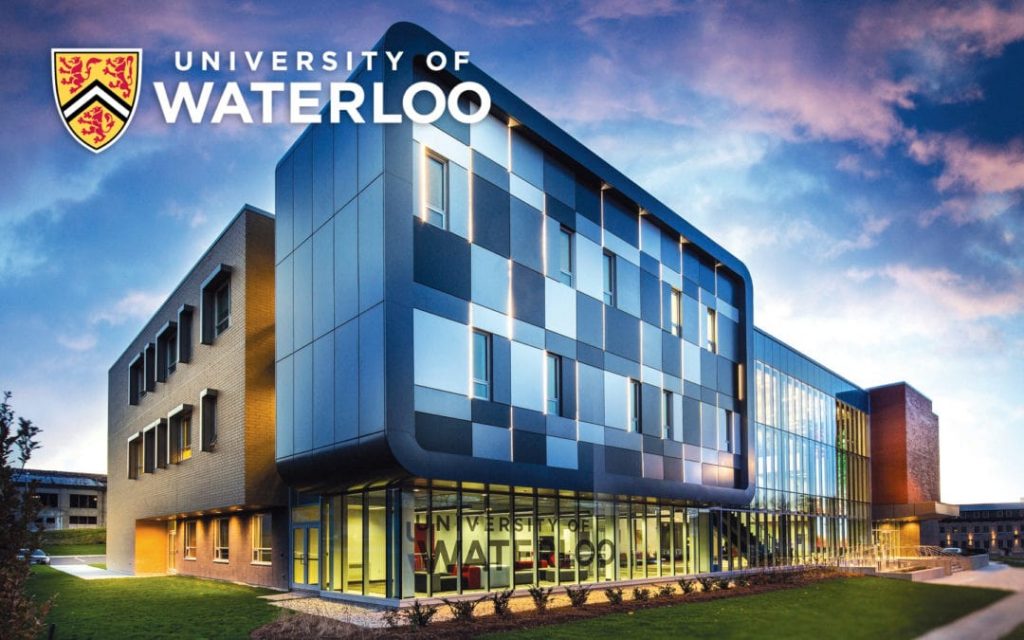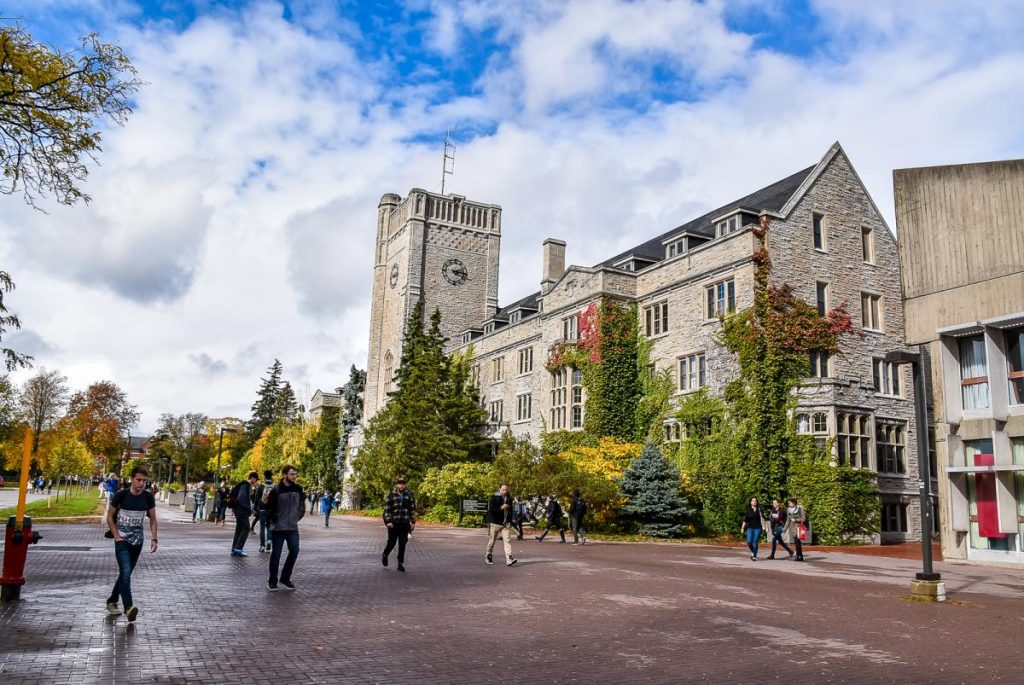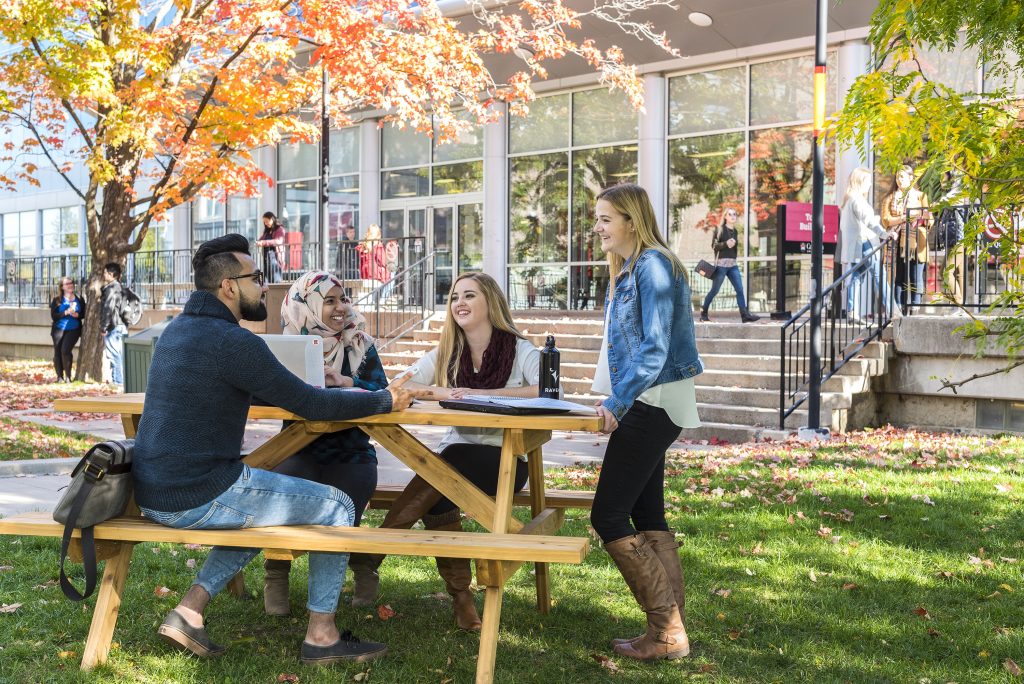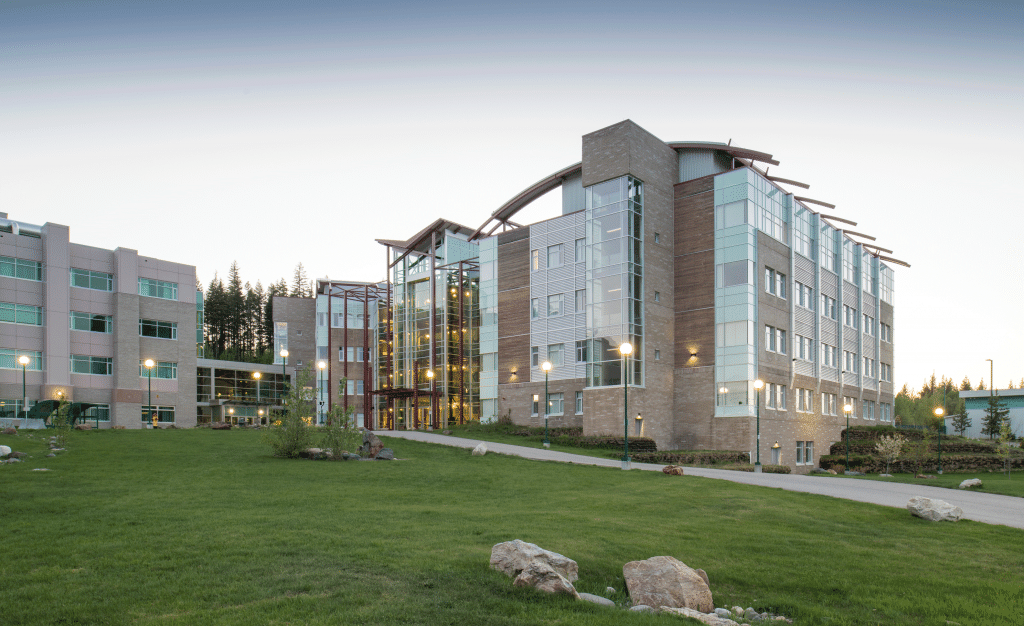
If you’re someone who loves to figure out how things work by using practicality and scientific discoveries, a career in Engineering might just be what you’re looking for.
What is Engineering?
Engineering uses the application of both science and maths to solve real life programs. Engineering is a key element in building the innovative world we live in now. The field consists of the designing, evaluating, developing, testing, modifying, installing, inspecting and maintaining wide varieties of products and systems. Depending on their specific field of work, engineers also recommend materials, conduct quality control, test for failure analysis, and supervise manufacturing processes.
Different Types of Engineering Disciplines
Engineering is a huge field that encompasses many specialties. Here are some of the main types:
Types of Engineering | Specialization |
Civil Engineering | Facilitate the flow of people, goods, services, resources, light and energy. They plan and execute for future needs of society considering resources. Projects they work on include parks, playgrounds, underpasses, bridges and water dams. |
Chemical Engineering | Creates new products for the use in households, medical fields to improve the quality of lives. Examples of products include washing detergents, processed food, industrial chemicals, fuels, fertilisers and pharmaceuticals. |
Mechanical Engineering | Design power-producing machines such as electric generators, air conditioning, water heaters and even elevators. |
Electrical Engineering | Work with electrical equipment to design, develop, test and supervise manufacturing. This includes electric motors, radar, navigation systems and communication systems. |
Systems Engineer | Oversees the engineering, business and management aspects of any system. They make sure all of the parts are fully functional. |
Environmental Engineer | Focuses on developing solutions to environmental problems with the use of engineering, soil, biology and chemistry. Some of the key aspects environmental engineers work to improve include sustainability, recycling, pollution, public health and waste disposal. |
Aerospace Engineer | Ensures the well-functioning of aircrafts, spacecrafts, satellites and missiles. Aerospace engineers test prototypes to evaluate the design and function so that they meet engineering principles. |
Skills Needed To Become An Engineer
I. Problem solving
Problem-solving is one of the key skills in becoming an Engineer. As part of your daily responsibilities, you would need to assess situations, identify problems and find the most effective solution to solve it. You need to be capable of handling obstacles in your daily life.
II. Communication & Team Working Skills
The ability to work alongside others is also a huge part of becoming an engineer. You should be able to communicate efficiently whilst working on projects together to ensure fully cooperation to succeed as a team and perform the best quality work (Especially when working with clients, to have the ability to convey technical information to those without any technical knowledge)
III. Attention to Detail
Engineers need to have an attention to detail. Many times when working on projects – even small errors in drafting or calculation can lead to major loss in terms of physical damage and financial damage. To become a successful engineer, you need to able to demonstrate precision and accuracy in all of your work.
General Pathway of Becoming An Engineer in Canada
To earn a Professional Engineer (P.E.ng) license in Canada which gives you the right to practice professional engineering. You are required to meet certain criteria:
- Be at least 18 years old
- Be of good character
- Meet the academic requirement for licensure (Graduated from an undergraduate engineering degree from a Canadian Engineering Accreditation program)
- Fulfill the work experience requirement (At least 48 months of acceptable engineering experiences)
- Successfully completed the National Professional Practice Examination (NPPE)
For more information regarding the requirements needed to become an official engineer in Canada upon graduation, contact Excel Education!
General Entry Requirement to Study Engineering in Canada
For entry into most Engineering programs, individuals are required to acquire:
- GPA Score: Min. 70%
- TOEFL IBT Score: Min. 68
- IELTS Score: Min. 6.5
*NOTE : Different universities have different entry requirements. Contact us for more information, specific to your home country qualification.
Top 5 Universities to Study Engineering in Canada
#1 University of Waterloo

Program Offered | Bachelor of Applied Science Specialise in:
|
Intake | September |
Duration | 4 years (Including Co-Op) |
Indicative Annual Fees | $58,898.00 CAD/year |
#2 University of Guelph

Program Offered | Bachelor of Engineering Specialise in:
|
Intake | September |
Duration | 5 years (Including 20 Months of Co-Op) |
Indicative Annual Fees | $40,228.00 CAD/year |
#3 Ryerson University

Program Offered | Bachelor of Engineering Specialise in:
|
Intake | September |
Duration | 4-5 years (Including Co-Op) |
Indicative Annual Fees | $38,430.00 CAD/year |
#4 Carleton University

Program Offered | Bachelor of Engineering Specialise in:
|
Intake | January and September |
Duration | 4 years (Optional Co-Op) |
Indicative Annual Fees | $39,798.00 CAD/year |
#5 University of Northern British Columbia

Program Offered | Bachelor of Applied Science (Engineering) Specialise in:
|
Intake | September |
Duration | 4 years |
Indicative Annual Fees | $22,021.00 CAD/year |
Recommended Articles to Read
About The Author

Raveena Rakni
Be the change you want to see in the world.


